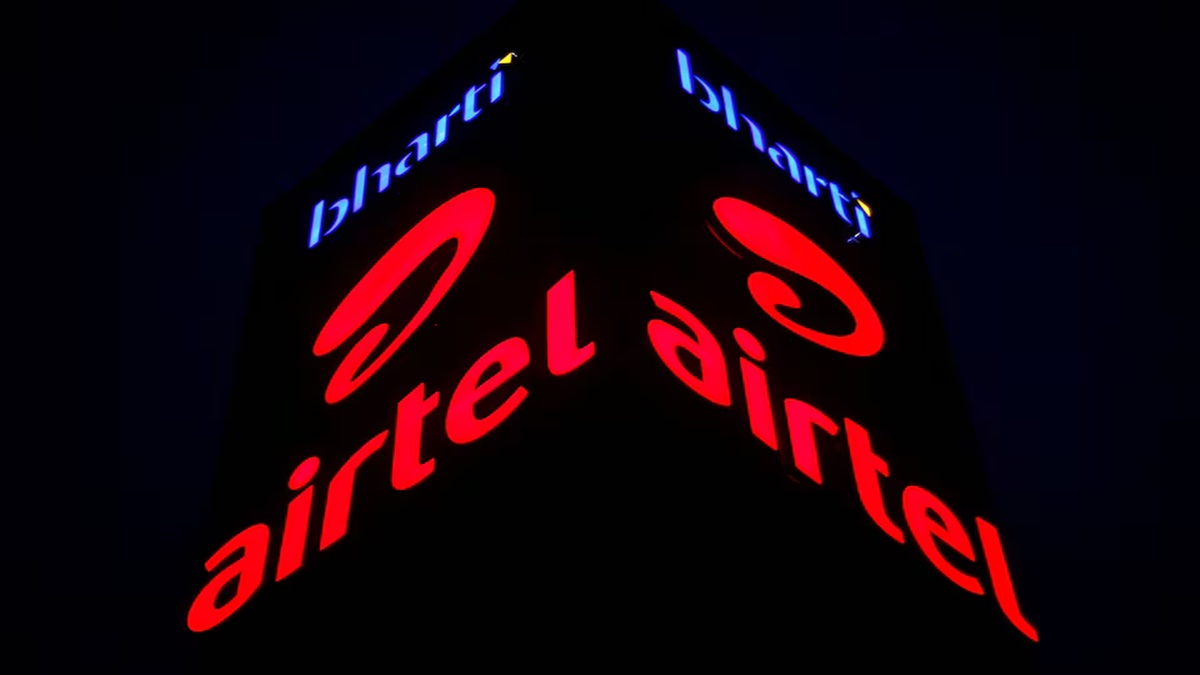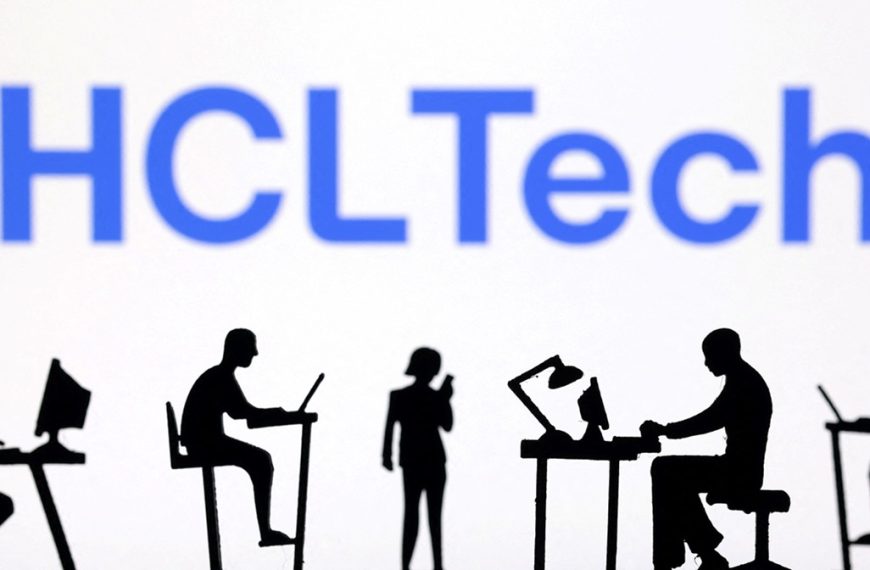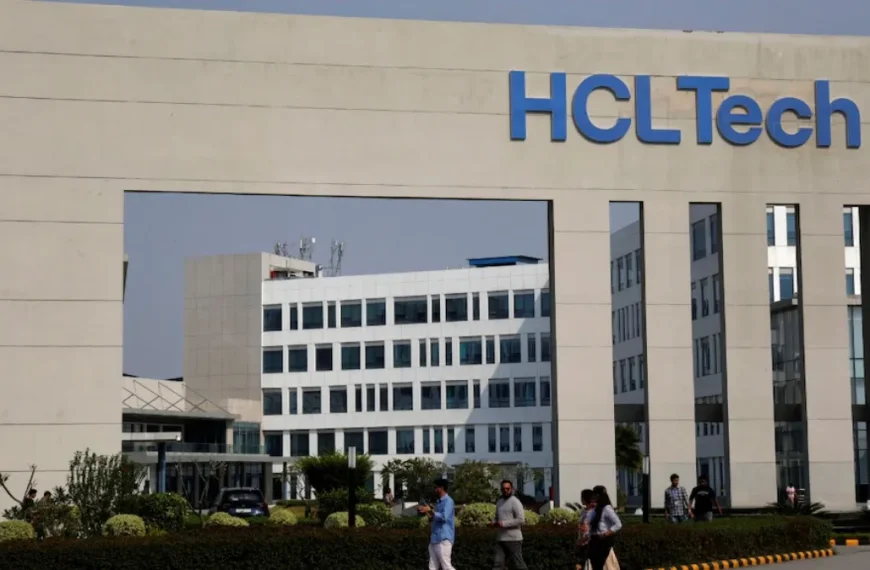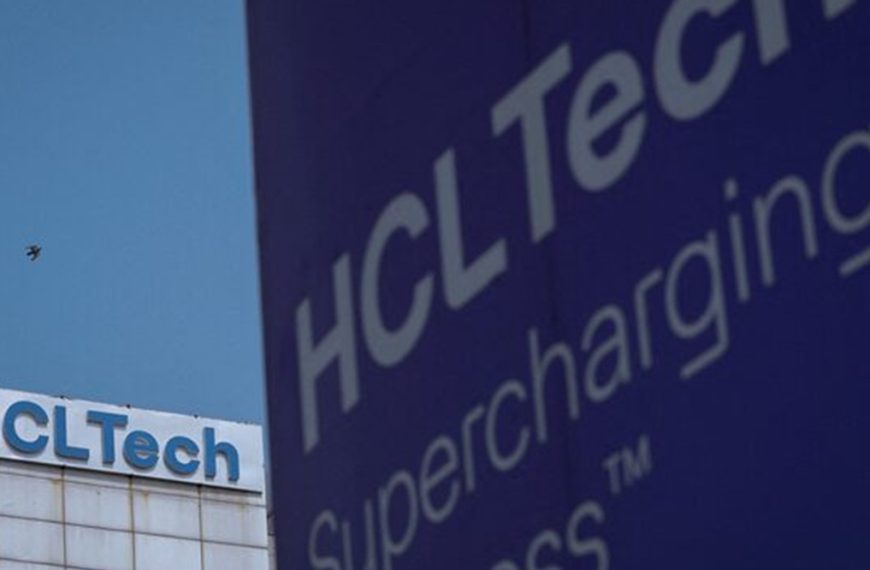In a notable shift in the telecom sector, the Adani Group has decided to step away from its venture into 5G spectrum, selling its sole holding to Bharti Airtel. This announcement came on Tuesday, revealing that Bharti Airtel and its subsidiary, Bharti Hexacom, have finalized agreements to acquire 400 MHz of spectrum in the 26 GHz band from Adani Data Networks, a subsidiary of Adani Enterprises.
Financial Overview of the Transaction
While specific financial figures have not been disclosed by either party, industry insiders estimate the deal’s worth to be approximately Rs 155 crore. According to the Department of Telecommunications (DoT) regulations regarding spectrum trading, the purchasing company inherits any existing government obligations associated with the spectrum. Adani originally secured this spectrum during the July 2022 auctions for Rs 212 crore, making an initial payment of Rs 18.9 crore and committing to pay the remainder over 20 years. To date, Adani has reportedly paid around Rs 55 crore, excluding any penalties for failing to meet rollout requirements.
Initial Intent vs. Current Reality
Adani entered the 5G spectrum auctions with the goal of creating private networks for its operations in various sectors, including ports, airports, logistics, and energy. The company made it clear that it did not intend to venture into the consumer mobility market. Specifically, Adani secured 100 MHz in Gujarat and Mumbai, alongside 50 MHz in Andhra Pradesh, Rajasthan, Karnataka, and Tamil Nadu.
Rollout Challenges
Despite holding a unified telecom license, Adani Data Networks has failed to launch any services, incurring penalties for not meeting the minimum rollout criteria. According to regulations, spectrum holders must commercially introduce services within one year in at least one area within each licensed region. Unfortunately, Adani fell short of these basic benchmarks, resulting in penalties.
Earlier this year, the company communicated to the Telecom Regulatory Authority of India (Trai) that it struggled to find practical applications for its limited spectrum and sought more time from the DoT to fulfill its rollout obligations. Analysts expressed surprise at the company’s inability to provide even basic services like enterprise broadband or localized 5G networks at airports or ports.
The Decision to Trade
Despite its lack of commercial deployment, Adani has continued to fulfill its annual payment obligations. However, with no feasible options to utilize or relinquish the spectrum—given that DoT regulations permit surrender only after 10 years—trading emerged as the only practical solution. The telecom trading framework allows spectrum transfers between operators after a minimum holding period of two years.
Airtel’s Strategic Move
Bharti Airtel plans to leverage the newly acquired spectrum to enhance its fixed wireless access (FWA) offerings, a promising avenue for monetizing the 5G consumer market. Alongside Reliance Jio, Airtel has been rolling out FWA solutions in select urban areas.
This transaction positions Airtel to strengthen its foothold in crucial markets as telecom operators increasingly explore 5G-related solutions for both enterprises and home broadband. For Adani, this marks a quiet withdrawal from a highly scrutinized entry into the telecom landscape, underscoring the challenges of achieving commercial success in the capital-heavy 5G arena.










